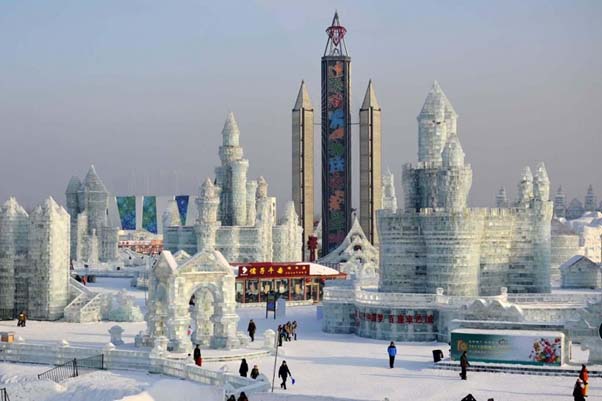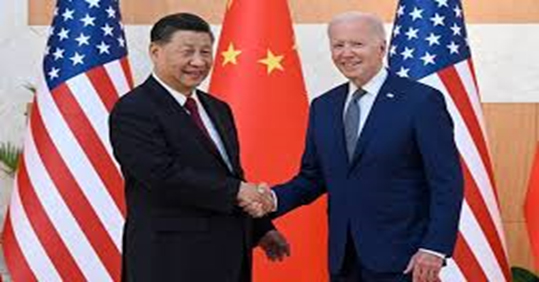Sri Lankan Economic Crisis: Analysis and the Perspective of Human Rights Violation
Posted on : May 3, 2022Author : AGA Admin
Abstract: This piece analyses the Sri Lankan economic crisis from the perspective of human rights abuse by the government and adoption of repressive measures. On one hand, this article adopts a close scrutiny of the ongoing economic crisis in Sri Lanka and tries to investigate the actual causes behind it. On the other hand, it criticizes the repressive attitudes of the governments such as curbs imposed on the demonstration and assembly rights of the citizens and disruption of social media and internet in recent times of crisis.
Sri Lanka is currently entangled in one of the worst economic crisis, the world has even seen in the recent times with its foreign exchange reserves depleting at the alarming rate, inflation reaching its all-time maximum limit and consequent price hike, making it difficult for the common citizens to procure even basic food supplies. While the island nation is dependent on foreign market for import of fuel, food supply and essential medicines, the shortage of foreign exchange creates a major hurdle for it to procure these commodities. The depletion of foreign exchange dates back to the onset of pandemic around August 2020 and the reserves reduced to a drastic level around November 2021. The remaining reserves were insufficient to meet even a month’s import. Around January 2022 the reserves dipped by 24% and considering Sri Lanka’s large list of import goods, such conditions unleashed economic suffering and hardships for the country. The government has acknowledged that they are undergoing acute economic crisis and facing immense trouble in settling import bills. Although, the government is hopeful that with the help of the latest policies adopted during the pandemic, Sri Lanka would be able to get relief in the near future, scrutinized study of the policies reveals that such a guarantee cannot be ensured.
Trade deficit has been a distinct feature of Sri Lankan economy since its independence. The foreign exchange earned through export have been used to pay for the import bills for years. Further, the debt servicing commitments of the government in recent times have added extra burden on the foreign exchange reserve that ultimately resulted in the ongoing economic crisis in the country.
Many scholars have pointed towards the debt-trap diplomacy of China and asserted that Sri Lanka’s economic relations with the former is the main reason behind its massive economic crisis. The Hambantota port issue is the major reason behind such a discourse. But according to some, these facts require verification. Hambantota port was constructed with Chinese finances and investments and eventually ran in losses. It was then leased out by the government to a Chinese company which in turn boosted Sri Lanka’s forex reserves. Besides, Chinese aid accounts for only 10% of Sri Lanka’s international loans; 30% is constituted by international sovereign bonds; Japan in fact stands at 11% of the share of international loan in Sri Lanka, which is higher than China’s.
Since independence, the export sector of Sri Lankan economy was dominated by agricultural products like rubber, coffee, tea and spices. Gradually, they started exporting garments and other products as well. Thus, foreign exchange reserves were primarily filled with the help of these export bills and even from remittances received from abroad. Sri Lanka used these to procure essential food items from foreign market. Any economic shock or shortage in forex reserves created massive economic crunch and the country often encountered economic crisis. Sri Lanka has taken about 16 loans from the IMF since 1965. Every time, it received a loan, it had to fulfil certain criteria such as reducing their budget deficit, maintaining a tight monetary policy, cutting government subsidies for food for the people of Sri Lanka, and depreciating the currency in order to make exports more profitable.Under conditions of economic strains, it is advisable that the government adopts policies that would inject stimulus in the economy. However, with the IMF clauses in place, it became almost impossible to formulate such policies of making the economy stronger. Thus, as the IMF loans kept coming the Sri Lankan economy weakened.
With the prevailing situation of economic crisis, the government imposed a state emergency and other restrictions which took away the people’s right to protest and express their grievances. Liz Throssell, the spokesperson of UN Human Rights High Commissioner asserted that “her office was concerned that such measures are aimed at preventing or discouraging people from legitimately expressing their grievances through peaceful protests, and that they frustrate the exchange of views on matters of public interest”. The ongoing disruption in power supply, rising fuel and food prices, widespread inflation and devaluating currencies compelled innumerable people to take to the streets and demonstrate peacefully. In response, the government imposed a nationwide emergency on 1st April, declared curfew for more than 36 hours and even disrupted all social media networks. Besides, there were reports of ‘unwarranted’ police brutalities on peaceful protesters. Since the early days of the economic crisis and bankruptcy, the government resorted to intense militarization in the country and institutional system of checks and balances were widely reduced and social, cultural, political and economic rights and safeguards of the citizens were indiscriminately restricted. These were viewed as violation of human rights and extensively criticized by the international community. It goes without saying that women and children who lie at the center of marginalization and undergoes two-way discrimination under conditions of crisis, are present some of the worst affected.
The UN Human Rights Commission clearly specifies that the rights to assemble peacefully, protest and demonstrate peacefully and express their grievances constitute the fundamental rights of the people and therefore can never be taken away from the people. The scope of resolving the issue of confrontation between government forces and citizens should be initiated through peaceful dialogues. As far as the economic crisis of Sri Lanka is concerned, according to experts, Sri Lanka will take another loan from the IMF and if deflationary fiscal policy is followed, that would do little help to deal with the ongoing economic crisis and improve the condition of the people.
Britee Adhikary
Intern, Asia in Global Affairs




